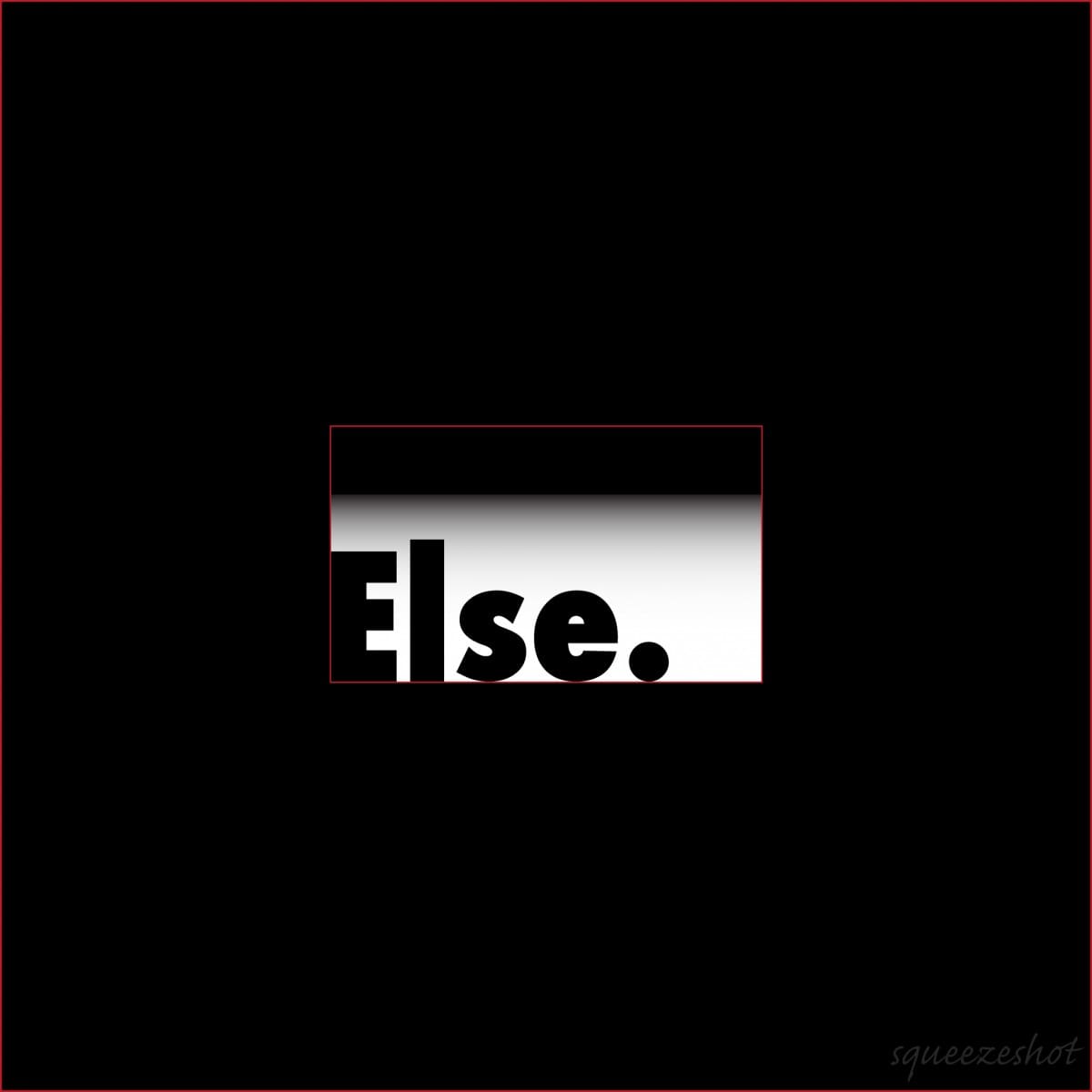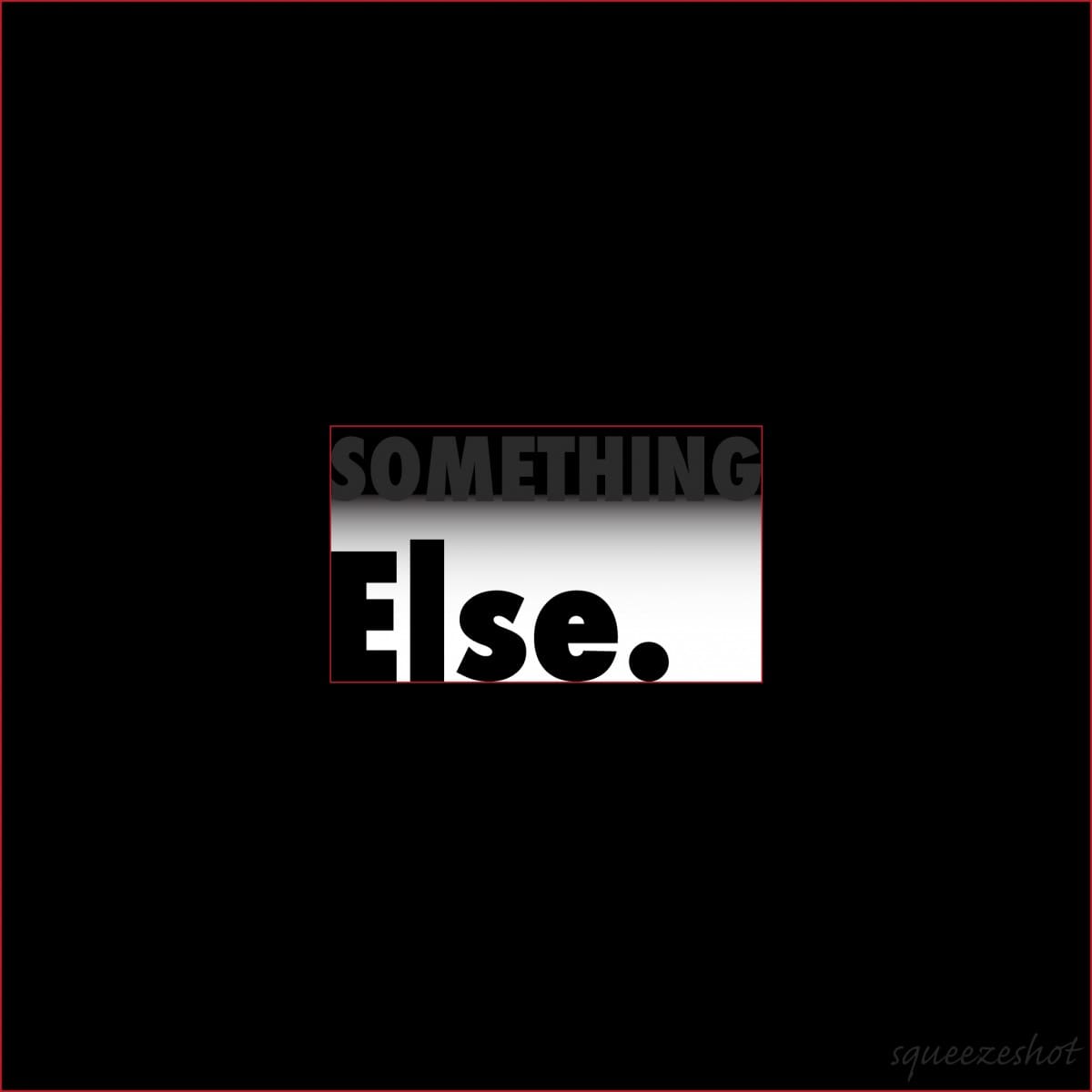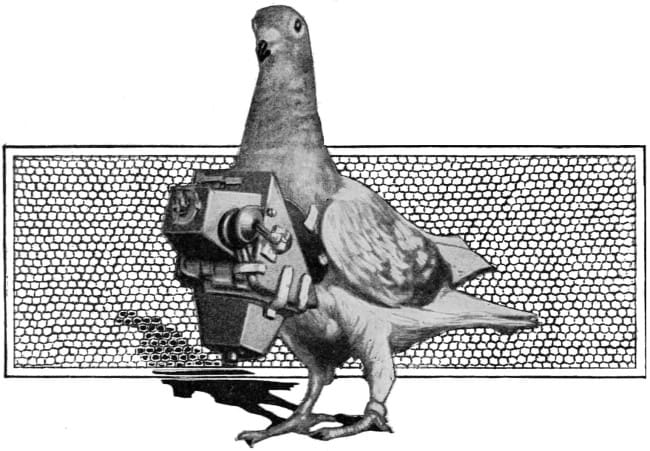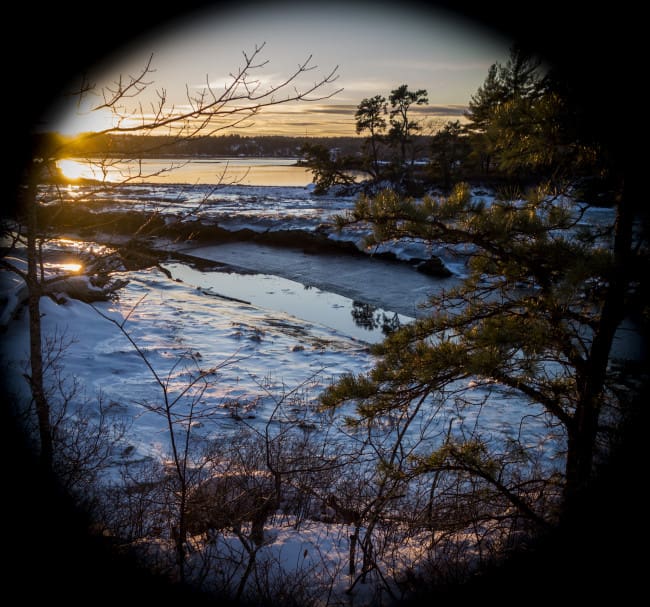THE SAGA
Description
PRELUDE CHORUS JOURNAL
The Society Shots

SHOTS
short takes from the
eternal present
by or selected by
The Reverend Professor Henrietta A.
( * )
NOTE: Images are missing here. Will be corrected ASAP.
Many prophets claim
That Heaven’s joys, though endless,
Are not twice the same;
— Richard Wilbur, in Sir David Brewster’s Toy![]()

Squeezeshots, I call them. They comprise a public journal that I add to occasionally now that Vassal’s invention is out. To begin, I have posted three Shots, above, including the photo. The rest follow below. To see the oldest, start at the bottom of the page. For the newest, start at the top. I will add more as they arise to mark the journey.
— The Reverend Professor (H.A.)
Re unease with our democracy, with giving more or less equal voice to all, sometimes it can be hard to credit the abilities, processes, and preferences of many of our voters. I think of Mencken’s wish years ago for an American aristocracy “secure in its position, animated by an intelligent curiosity, skeptical of all facile generalizations, superior to the sentimentality of the mob, and delighting in the battle of ideas for its own sake.” A self-justifying notion on his part, no doubt, and in reality as prone to noxious consequences as democracy, but it has some merit.
— H.A.
This came my way via an academic newsletter:
“Understanding is knowledge deepened by sympathy.” — Peter Pouncey, former President of Amherst College
To some extent, we all possess knowledge that is limited by our lack of time, opportunity, curiosity, diligence, or caring. It can produce within us selective sympathy, us vs. them bigotry, knee-jerk partisanship, preach-to-the-choir civic participation, narrow perspectives, closed minds, instinctive condescension and sense of superiority toward others, etc. Which can be toxic. Such is the nature of the beast that We are. It’s only somewhat avoidable.
— H.A.

In our minds and via our media, we have always been at least partially present in more than one place at a time. Now, with everyone exploring anywhere and everywhere using Vassal’s invention, and unavoidably broadcasting what they find, for the world to see and hear . . .
— H.A.

Drones that swim have a future. Work on robo-fish is proceeding at a number of places, including MIT. You may recall that before he developed his robotic fly, Vassal invented a robotic fish. (For a reminder, see his journal — a Second Edition is coming soon — and the video and mention in Scroll 1 of PRELUDE.)
— H.A.


The other day, I kicked around the following proposition with some nimble-minded and -tongued Bigheads. Vassal doesn’t usually join such chitchat, but this time he weighed in.
The proposition: Nothing that could or will happen, or ever did happen, is preferable to anything that is happening right now.
If anyone from what used to be called the outside world was watching and listening to us via tiny drone as we discussed that idea (no doubt many people were watching; such is our celebrity and notoriety), I wonder what they thought of it. Probably, some have posted video, audio, a transcript, and commentary about it in public places. Maybe I’ll look, but probably not; life goes on.
— H.A.
With Vassal’s release of his invention, turmoil has come to my life and most others. A rough transfer from one prison to another, is it? (I think of the Mencken reference in PRELUDE, Scroll 12.) Further progress along the eternal death spiral? Or might it mark a progress of our fondest dreams, hope, an outbreak of new music — hark! — that will move us to dance and sing?
I sometimes wish to retreat into scholarly study. Here am I, an aging academic with her high-powered laptop, my mind teeming with measured thought and pressing desire, in want of expression. I would like to write at greater ease than I have been able to manage lately. I would be like Petrarch in his final years, making his home in the verdant hills of northern Italy, far from the urban tumult of his earlier days. As if retreat of any description is possible for me.
Not that I will regret it if, as is likely, that never happens. My wishes are ambivalent — a perspective I learned from Vassal. Like him, I endeavor to dance and sing to any tune that reaches my ears.
* * *
The project I have imagined undertaking on that retreat: a paper that I would write, perhaps a book, about everyone’s simultaneous transparency and opacity; the solidity and not, evanescence and constant change, of our realities.
An outline:
- The Dream. Where our minds and hearts can go, in our worlds inner and outer: observation, research, study, imagination, contemplation, meditation, love, compassion, empathy, and the countless other ways in which we enact the dream. A consideration of our capabilities; of the paths we are able to follow into, through, from, and beyond.
- The Ideal. Where we wish to go: over there; through that door or across that border; into the thoughts and feelings of another person or creature; into halls of power, to seize opportunity and exert influence; onward, questing, desiring, wanting to travel and see.
- The Reality. How, precisely, we dream the dream and pursue the ideal. The tools and devices we utilize; particularly, in my case, our arts, including the novel (my unruly pet) and its precursors and modern derivatives, as well as poetry, dance, music, the visual arts, and other means of portrayal; also, our technology, with which we reach ever outward and inward. Vassal’s bug of course an example of that technology.
Thanks to Vassal’s bugs, if I undertake that project, on retreat or not, I will have people looking over my shoulder and perched on my laptop, keeping an eye on me. Such surveillance is unavoidable, so I doubt I’ll mind it much, if any. But I may ignore any messages people send to me as a result. Retreat is retreat.
— H.A.
Among the precursors to Vassal’s invention: these Word War I spy pigeons. The lower photo is of a German pigeon. The upper illustration is from Popular Science Monthly, 1916.
— H.A.
 Some quick notes from my observation post, stating what’s obvious to almost everyone. According to what Vassal and I have seen and heard from home these first months after releasing his invention, and what we have learned from reports from the Bigheads and via news media, much is topsy-turvy. It’s the obvious, pretty much, in respects that he and Victory anticipated years ago, and he and I more recently.
Some quick notes from my observation post, stating what’s obvious to almost everyone. According to what Vassal and I have seen and heard from home these first months after releasing his invention, and what we have learned from reports from the Bigheads and via news media, much is topsy-turvy. It’s the obvious, pretty much, in respects that he and Victory anticipated years ago, and he and I more recently.
Here are some areas of that topsy-turvy, which everyone is seeing. It’s all I can do to stop observing long enough to write this down. He and I are at our screens every day, watching and listening, hearing from the Bigheads, some of them dropping in here to share their amazement. Some government people shuttling through here, too, but they’ve been good. As we expected, government attention is focussed elsewhere: on fires burning, opportunities taking shape, strategies and implementation needed now that Vassal’s bugs are everywhere.
I’m writing fast. Pardon my haste, and the probable need for editing.
Quick notes, then, re a few of the aforementioned areas of topsy-turvy:
- law enforcement, military, intelligence, surveillance, cybersecurity, and every collar of crime and corruption;
- war zones and battlefronts, large and small; almost all combat is on Pause now; unstoppable in the long run, no doubt, sure to resume as the combatants figure out the best ways to resume their killing, intimidating, terrorizing, occupying, fighting for what evidently needs fighting for;
- much more benign, but ardently competitive: sports teams everywhere in quandaries about how to strategize before and during contests;
- government, from workings of Congress, the White House, the courts, statehouses, and in capitals everywhere. Quite a muddle, for now. Things particularly frenetic in the most repressive countries — N Korea, Iran, China, Russia, etc.;
- That initiative in Europe regarding a supposed right for people to be forgotten — to have their online histories expunged — sure went away fast, didn’t it? And others’ concerns about privacy issues posed by the spread of drones and other surveillance devices, agencies, etc. As I’ve said before, privacy as we’ve known it is over. Meanwhile, the new privacy (much like the old; fundamentally identical to it, I expect) is taking shape and — as ever when it comes to privacy — will continue taking shape, a cloud in a state of perpetual transformation.
- worlds of trade, commerce, business of every kind;
- relationships at every level from most personal to the least; air going out of balloons, flat-out panic, desperate worries about livelihoods, collapse or near-collapse of longstanding institutions;
- a lot of fresh air blowing through prisons everywhere;
- a lot of celebrities getting spied on; tabloids — like news and entertainment media of all kinds in their respective areas of endeavor — are having a field day;
- whither lying, deceit, hypocrisy?
- the fate of people’s intentions and desires, good and (necessarily?) otherwise, now being enacted on big and little stages in plain view of everyone;
- a continuation of processes — social, biological, etc. — some as old as the species, or older.
Seems that everyone nowadays is talking about all this. There’s much wishful talk of restraint, to avoid the obvious possible consequences; talk of mutual agreements not to use V’s bug in certain settings, for certain purposes. But those efforts are doomed. There’s no stopping what people are doing with their bugs: being curious, nosy, intrusive, often with a self-interested purpose in mind, sometimes with a vengeance.
Like everyone, Vassal and I are staying tuned. It’s exciting, amazing, frightening. In case you’re wondering: Is it inducing any guilt in him and in those of us who helped him get all this started? No. Or any perverse pride, or nasty anarchistic delight? No, none. Will there be any welcome among our little group for reforms that are (or may be) taking shape? Nope, no opinions about that one way or another. We neither expect nor hope for reforms. None are needed aside from the usual overarching need, native to our form of life. At every moment, we can and do act upon that need, we but we cannot and need not diminish it.
So it goes, is going strong, and will continue. Enough said by me for now. Best to all.
— H.A.
We have posted some photos I have taken of how our coast of Maine surroundings look in winter.
If you’re a reader, a short animated slideshow titled Like to Read may entertain.
In its image of Dante, what is he thinking about? The Tower of Babel there, in the distance? Like all times, the present day is one in which we humans, except fleetingly, do not see eye-to-eye with each other or with any other. We do not read the same page or sing the same song. PRELUDE gets into that, so I won’t do so here. But I will add this about the Tower, from the King James Bible (Genesis 11:4–9):
4 And they said, “Come, let us build ourselves a city, and a tower whose top is in the heavens; let us make a name for ourselves, lest we be scattered abroad over the face of the whole earth.”
5 But the Lord came down to see the city and the tower which the sons of men had built.
6 And the Lord said, “Indeed the people are one and they all have one language, and this is what they begin to do; now nothing that they propose to do will be withheld from them.
7 Come, let Us go down and there confuse their language, that they may not understand one another’s speech.”
8 So the Lord scattered them abroad from there over the face of all the earth, and they ceased building the city.
9 Therefore its name is called Babel, because there the Lord confused the language of all the earth; and from there the Lord scattered them abroad over the face of all the earth.
A degree of irreducible confusion. Isn’t that how it is, partly, in our way with words and with all our communications and understandings, with all their variety, the differences among them, and their slippery hold on certainty?
* * *
P.S., I am indebted to Wikipedia—so easy to access and not always accurate—for the above image and verses.
— H.A.
All of us are now becoming unseen parties to the meetings, deliberations, planning sessions, ad hoc strategizing, huddles, confabulations, and other previously internal communications of our adversaries, enemies, opponents, competitors, rivals. Every surveillant surveilled by the surveilled. That’s pretty exciting. We can all see each other’s boobies now, and wee-wees, pubes, and every orifice and inch of skin, real and figurative. Oo-la-la! Our wardrobes are suddenly denuded, with only some very different veils left for us to wear. Odd ones. We feel naked, thanks to our long-ago (i.e., never) fall from innocence in The Garden. So we are stitching together new veils to suit our present purposes. New functionality, new fashion, new chic. New ways for us to strut our stuff, to show and be shown. We try them on and head down the runway. We step out and step in, a little shy under the bright lights, but stylish, stunning, eye-catching.
— H.A.
Illegal border crossing, anyone? Or smuggling? Or thievery? Harder to do now that the bugs are everywhere. And how about bribery in any form, or influence peddling, lobbying, or in any other way trying to persuade anyone of anything that’s in your interest but not in someone else’s? People are watching you, or they may be, and you can’t know who they are. They may include the person or persons you most do not want to have watching you.
How is that affecting your thinking and behavior?
And how does it feel knowing that people may be watching you choose what to wear each day, or watching you buy things, or watching you get dressed or undressed or go to the bathroom, or watching you interact with your family and friends and colleagues, or observing any other aspect of your life? And what about what and who you are choosing to watch?
Those are quite some changes, aren’t they?
— H.A.
As expected, many people are freaking out about the bugs coming their way. Governments, businesses, individuals. Everyone getting exposed; screens, veils, walls, clothing, and other barriers real and psychic falling away. A lot of talk about that these days; soul-searching and inchoate thrashing about within and among us. Thrown for a loop, we are, many of us. Where will it lead?
— H.A.
We gather memories, more as we get older. We encounter them in the course of our lives, and attend to them with increased understanding and feeling. Intimate questions arise: What is life—human life, and any life, but especially mine? And what is consciousness? And existence?
Past, present, and future form a continuum, or else are identical, as Prelude and the rest of my project with Vassal explore. I have worked with him on that matter (among others) for more than half my life now. His urge and mine to gather our memories for the purpose have helped keep me at it.
— H.A.
Are you one of the millions of people out in the world now in Vassal’s device? Amazing experience, isn’t it — the sights, the sounds? Breathtaking, often riveting, far more than the fascinating quadcopter views of recent years. (If you missed those, Search for “best drone videos.”) We can get so close with them, to anything — inches away, if we want. And they let us see and hear what’s there! And they’re everywhere now. So many people have them; more all the time.
— H.A.
From Biblioklept: Allegory of Sight, a collaboration of Peter Paul Rubens and Jan Brueghel the Elder, at the Prado. Reminds me of the remark early in Prelude about how the visual opens to the incorporeal. It’s not Squeezeshot art, but it makes the point. Nice HD screen those two central figures are looking at, too. But what’s with the wings on the kid (or short adult — I can’t tell)? Is he some kind of human drone? {;-)
— H.A.
A new poem
philia (feel ya)
Your smile
that glows
from within
and without
pure of spirit
an ocean of
welcome
promise
desire
and
lust
— H.A.
FOOTFALLS
2AM: Footfalls in the house—Vassal’s, soon mine.
Some nights, at some hours, we don’t sleep.
Does anyone else know that, listening to
us in the dark via his invention?
— H.A.
A new poem
Inside
You cannot be free
inside these walls
your drums muffled
body tired soul weary
guns empty and graves
full of your fathers mothers
sisters brothers friends and
others too many to know
Close your bible and
turn from the podium
Walk past the flags
and go back home
You are alive
as you know too well
The dead cannot listen to you
Your words are yours not theirs
You are on your own inside these walls
So cue the flutes
something sprightly
for your exit your march
into sunshine a breeze a swirl
of birds a ruffle of leaves and a voice
from across the horizon your home
where someone is calling to you
Is that you there or who is it
If you know please tell us
If you don’t know then
please go find out for
you and for all of us
Vassal, the other day:
“When I see people looking with tabloid lust and scorn upon one miscreant or another — a killer, pedophile, adulterer, abuser of people or animals, or other gross or minor violator of our social norms — I detect the usual workings of popular justice, also of our hypocrisy, both of them natural to us.
“Such is the public pillory. Up to a point, it is useful for social regulation. For the sake of everyone’s wellbeing, there have to be norms, and we have to obey and enforce them. However, any darkness in any of us is all of ours equally. By our nature, we identify with everyone else. Each of us is the other. We all sense that. No matter what our circumstances, no matter what deeds we do or character we display, none of us is worse than or inferior to — or better than or superior to — anyone else. We all understand that instinctively, despite what we may think sometimes. Moreover, our darkness, everyone’s darkness, is an aspect of our light, and a prompt to the good we do. Like it or not, that’s how it is.”
* * *
And just this morning, not unrelated:
“Now that I have turned my invention loose, a good number of people have criticized me for doing that on my own, without public consent. They feel that there should have been prior polling, discussion in our news and entertainment media, consulting of experts, legislative hearings, an enabling act of Congress, approval by the President and judiciary, willingness around the world, and so on, not to mention plenty of advance warning. That’s not a surprising opinion, or unreasonable. I’ve nothing against public discussion, and various interests weighing in. But if I’d done any of that, the release almost certainly would have been prevented. Too many people would have felt threatened. And it surely would not have been as widespread and equitable as it has been.”
— H.A.
Jimmy, who is as engaged in the world as a person can possibly be, said this yesterday:
“I find people who try to make what they think are positive differences out in the wide world—to improve things, help each other at the macro level, make the world a better place for everyone, and so on—every bit as admirable as people who don’t. Not more admirable, though. Not at all.”
Turns that around, doesn’t he? Gotta love him. A number of his clan and their growing legion of friends on the outside (keep those e-cards and e-letters coming, y’all!) are little engaged in the world, or not at all, and happily and productively so. Among them are unapologetic stay-at-homes, round-the-clock meditators, anchorites, indifferent anarchists, ethical skeptics, moral nihilists, self-improvers and improve-from-within’ers, artists and collectors who need no audience, and the like. All get along well with each other and everybody else. Everyone in the clan, engaged or not, lives together amid sufficient love and respect, no apologies or justification needed. As they often express, it’s a hoot.
* * *
This, too, overheard yesterday, from a cluster of young adult Bigheads:
Young Adult Bighead 1: “. . . one of those older people who think things are going to hell and are trying to do something about it before they die.”
Young Adult Bighead 2: “Yeah, they slash about at the edge of the ol’ abyss, trying to fight the universal germ, which they themselves are and so are we and so is everything else.”
Young Adult Bighead 3: “Right. It’s like the Dylan Thomas, too: ‘Do not go gentle into that good night, / Old age should burn and rave at close of day; / Rage, rage against the dying of the light’ and so on.”
YAB1: “Can’t blame them for trying.”
YAB2: “Yeah, it’s nice of them.”
YAB3: “We’ll probably do the same. We’re probably doing it already, one way or another. Maybe everybody does. No matter how young or old we are, the germ lives and we know it, and that edge is just a short step away.”
Ah, youth. They’re cute. I don’t think they were talking about Vassal, Jimmy, or me. We are probably not about to die, don’t rage any, and aren’t trying to make a difference that we would call either positive or negative. They could have been talking about us, though. Anyway, like YAB3 said, what they were talking about applies to everyone.
— H.A.
One of the older Bigheads stopped by yesterday. Nicknamed Findhorn (finnd’-horn), for the spiritual/ecological community in Scotland, he brought a record of songs he wrote, performed, and recorded many years ago. One song particularly caught my fancy. He wrote it about a fly, well before Vassal conceived a robotic version. Vassal tells me that he loves the song, too, and recalls Findhorn singing it for him back when it was new.
The recording we heard yesterday was scratchy, but I managed to transcribe the lyrics. They follow below. I will try to post the recording here, too, before long.
Elegy for a Fly (1971)
Elegy for a fly
elegy for a fly
elegy for a fly
passed away
and I paid
Went to the store
bought some flypaper
hung it by the door
waited for the flies to die
Oh what a show
It’s one we all know
Watching lives go away
You don’t have to cry sweetheart
when Mommy and Daddy die
Just look at the bugs, luv
They seem to take it in stride
aye yi yi yi
If it’s a cryin’ shame
then take the blame
out to the funeral dance perchance
There’s lots of action there
The crowd is jumping
and the honey flows free
The band is playing
and everybody sings:
Out here in sunny prehistory
the butterflies fly happily
around around around
around around around
and ‘round
Out here in sunny prehistory
the butterflies fly happily
around around around
around around around
and ‘round
Elegy for a fly
elegy for a fly
elegy for a fly
passed away
and I paid
I forget if I made this point in Prelude, and these days I am too preoccupied to look. I should repeat it here anyway.
Normally, one would expect inventions like Vassal’s to come first into the hands of authorities. That might well lead to a more intrusive surveillance state, in which law enforcement, intelligence services, and the military use it but ordinary citizens cannot.
To avoid that, Vassal has made his invention and its technologies available to everyone. Anyone can spy on anyone else—the governed on the governing, the employee on the employer, the customer on the vendor, the stockholder on the corporation, the judged on the judge, the fan on the performer. That makes for a very different scenario in terms of who has power: who can observe and respond to whose behavior, who is in position to abuse whose rights or threaten whose legitimacy, who can influence community values to what degree, and so on. In his view, however, none of that is necessarily any better than what has gone before.
— H.A.
One teenage Bighead said this at our place the other day:
“So many people don’t know what to think. They depend on politicians, critics, religious leaders, pop stars, celebrities, TV talking heads, talk show hosts, critics, columnists, teachers, assorted experts, and other more or less charismatic gatekeepers to help them figure out what they like and don’t like when it comes to politics, current events, religion, movies, music, books, art, restaurants, sports, travel, health, food, clothes, and so on. Sheep farmers and shepherds for the sheeplike masses, in effect. Those so-called inspirational leaders help people channel their anger and insecurities—social, economic, sexual, existential, whatever. People want guides to direct them, to provide words and feelings that will help them get through their days. I find that interesting. I wonder if I’ll end up like that, or if I already am like that.”
I could fill more space with the discussion that followed (One remark: “It’s important to hold leaders like that up to ridicule. Fun, anyway.”), but that would be more than a Shot. Besides, the above starting point may give readers enough to reflect upon, if they care to.
— H.A.
No Lament
We vanish soon
lie forgotten beneath
unaccountable waves
our remains no more than
deceits of myth and memory
Such are the
progress of mortality
and the persistence of souls
— H.A.
In a message to me soon after the great release, Jimmy described the Squeezeshot phenomenon as “. . . a stone thrown through the mirror of shallow—I daresay irresponsible—look-at-me culture. By suggestion and necessity, his device will cause us to see self and other in new ways, and to interpret our ‘look-at-me’ accordingly. Vassal doesn’t see it that way or any other, of course, which is fine. He expects no improvement, and I wouldn’t disagree. But in my capacity as a much sought after talking head, I look forward to spreading that interpretation of mine around, offering it to whoever wants to think about it. Roll your cameras, ye networks!”
— H.A.
The words in Squeezeshot art
true and meant to be?
Death doesn’t end it
doesn’t end what?
Does the song
of an angel
ever end?
— H.A.
A remark of Vassal’s that I quote in Prelude:
“I am no believer in God, or if I am then I believe that every phenomenon is God, including every creature and thing, every idea and sensation, no exceptions, none inferior to any other. If anything is God then everything is God.”
On what basis might one believe otherwise or disagree? Toward what end?
— H.A.
Joseph Campbell (Myths, pp.93-94):
“In the Orient the ultimate divine mystery is sought beyond all human categories of thought and feeling, beyond names and forms, and absolutely beyond any such concept as of a merciful or wrathful personality, chooser of one people over another, comforter of folk who pray, and destroyer of those who do not. Such anthropomorphic attributions of human sentiment is—from the point of view of Indian thought—a style of religion for children.”
— H.A.
About privacy:
- How does privacy matter? What if at any time anyone could tune in to anyone else’s every experience: physical sensations, thoughts, ideas, worries, dreams, instincts, urges? Would you mind? Why or why not? What is that concern of yours—and/or lack of concern—about?
- In the long run, given the directions in which our science and technology are evolving—our neuroscience, our genetic and other bioengineering, etc.—isn’t such co-experiencing inevitable? As we come to that condition, what penetration into what we think is our privacy might we welcome? What sharing, and what transparency?
Thanks to Jimmy for helping me develop these questions.
— H.A.
Are you any less ignorant than anyone else, or less bigoted, or more moral or ethical, or in any other way better or superior — as opposed to different? If you are, or if you think you are, good for you, eh?
As long as we are born alone and die alone, there will be privacy. But how alone are we when we are born and when we die? And how alone are we at any other time in our lives?
If our technology ever brings us immortality, birth will become inessential to our continuation as a species. Our means and urges to procreate may become vestigial, or we may disable them. We may bring about birth only if we need more people for some purpose. If we wish, no doubt, we will be able to do that in a test tube, in effect. There need be none of our usual insemination, gestation, and giving birth, and perhaps none of our usual parenting.
Would we then wish to continue as a species? Why?
Our species may or may not continue forever in its present flesh-and-blood form. Probably it won’t, judging by the experience of similar life forms that have departed before us. If we do become extinct, however, that will be no loss to us, since none of us will be around to care. Nor, according to all evidence, will any other entity care aside from some of our domesticated plants and animals, who will care only until they, too, die out. Caring is an aspect of living things’ urge to survive, of the will to live. If all lifeforms become extinct, so will caring, unless for some reason—our vanity, arrogance, pride?—we build some form of it into technology that continues after.
More things to do with Vassal’s device:
1. As I mentioned in Prelude, observe how people cope with it—how they intrude with it and are intruded upon by it, and how they find what privacy remains to them now that it is everywhere. What within us is impenetrable—what awareness, what anything?
2. Examine anyone’s hidden or obscure agendas, including our own. Are all agendas our own, as Vassal says?
Is beauty a crying out
from every heart?
Two Bighead mothers sit outdoors in summer, beside the child of one of them. All three are looking at an ant that is walking across the child’s bare leg.
Mother #1, to her child: “If an ant, beetle, spider,or some other bug climbs onto you like that, or if a mosquito or dragonfly or some other flying insect lands on you, you have a choice, if you want. You can let it go its way without interfering with it, or you can flick it off. If you flick it off, you might be doing it a favor; it might get to where it’s going or find what it’s looking for sooner than if you left it alone. Or that might not matter to it at all. You can decide what to do, or you can not think about any of that.”
The child, bemused, does not reply.
Mother #2: “When bugs climb or land on me like that, I like to watch them for a minute, like we’re doing. I like to see if I can tell what they’re thinking about. It’s nice having them visit.”
As Vassal and I say in various ways in Prelude, we can report only approximately, whether to ourselves or to others. No one can report about anything with complete accuracy.
The Only News I know…
The Only News I know
Is Bulletins all Day
From Immortality.
The Only Shows I see—
Tomorrow and Today—
Perchance Eternity—
The Only One I meet
Is God—The Only Street—
Existence—This traversed
If Other News there be—
Or Admirabler Show—
I’ll tell it You—
— Emily Dickinson
Privacy is both a personal and a social construct of ours, and a changing one. It changes all the time. It has a history, and not long ago was very unlike what it is now. No doubt it will continue to evolve, too; at times dramatically, we may think, as now, when Vassal’s invention is in everyone’s hands.
To my students
Hi, all. I’m still here, working on the SQUEEZESHOT saga. Torn yourself away from using Vassal’s device, have you? Enough to visit this site, looks like. And now you have reached this message, addressed to you.
You have probably thought that the assignments I embedded for you in Prelude were all you were going to face. Not quite. I continue to think of questions that might stimulate your fertile minds.
The questions below don’t need answers. Some are silly, in fact. I won’t give you extra credit if you address them, either. That would be unfair to those of you who are too busy pursuing your education aboard a Squeezeshot bug. However, I would love to see any thoughts you care to send along. I’m a student, too, albeit an aging one. Teach me something.
QUESTIONS
1. Consider self—yours, say. And consider “other”—i.e., whatever you think is not you, or not entirely. How “other” are you, to yourself and other people, creatures, and things? Imagine yourself in their places. What do — or might they — make of you, and what’s that to you?
2. How does anyone’s (and anything’s?) distinction between self and other work? Describe your concept and sense of it. In your experience, what and how are selfness and otherness?
3. Do you think we humans are superior to—better than—other creatures and things? As you have read in Prelude, Vassal does not think so. We appear to have evolved from an immense amount of pre-Bang energy and a stupendously dense chunk of pre-Bang material about a hundred billionth the size of a proton. From those came an explosion of (among other things) energy, and various pre-particulate stuff and quantum fluctuations. Then came elementary particles and, later, in our case, self-replicating molecules, unicellular animals, fish, primates, and, many years later, us. Vassal considers that evolution to have been (and still be) a process of adaptation and change, and of no improvement except by our naturally self-regarding standards, which we conceive and communicate in our terms, within our abilities. He observes that it has not rendered us superior to, better than, or even, essentially, different from the non-human. Do you agree with him about that? Explain yourself, in whatever terms you consider viable; self-regarding, if you must. (Wink!)
4. Our urge to survive and procreate is common to ourselves and what we call living things. Vassal considers that urge no different than the motion and other activity of lifeless (so-called) air, water, light, particles, etc. He considers those things no less existent than we are, and no less desirous, no less conscious, no less alive. Do you agree? Is he nuts to see things that way? Explain your perspective.
TOP⬆︎
 SHOTS and their author/artist,
SHOTS and their author/artist,
The Reverend Professor Henrietta A.,
are creations of Marcus Parsons.![]() CONTACT / SUBSCRIBE
CONTACT / SUBSCRIBE
SIGN UP for the occasional newsletter
— new works, exhibit notices, etc. See the latest here.







